a Gabriela Cachimuel De La Cruz 4 éve
280
T2: Epistemological foundations of quantitative research
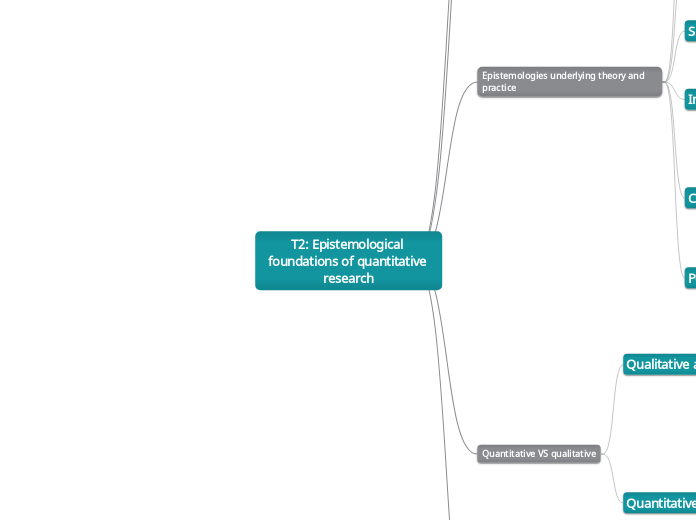
a Gabriela Cachimuel De La Cruz 4 éve
280

Még több ilyen
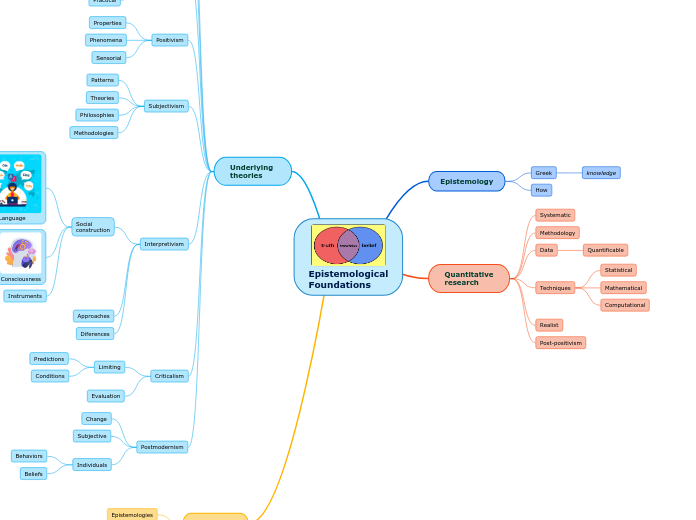

Szerző: ANDREA FERNANDA CRIOLLO CANTOS
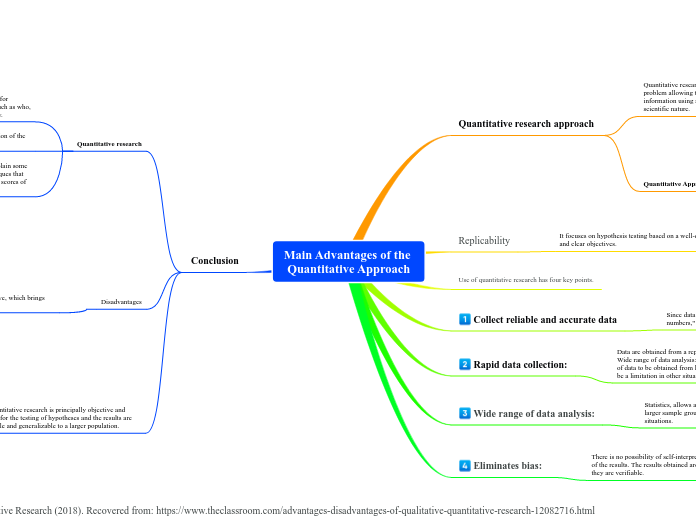

Szerző: WENDY DAYANA CONDOR SARAGOSIN
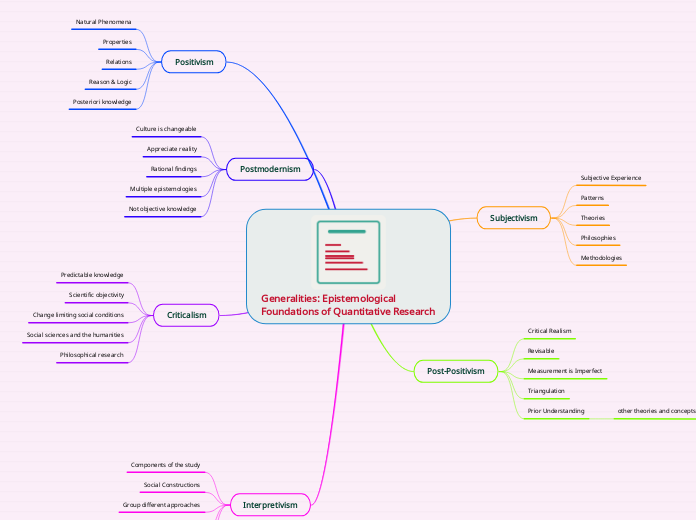

Szerző: ESTEFANIA ALEJANDRA CALISPA ALBÀN
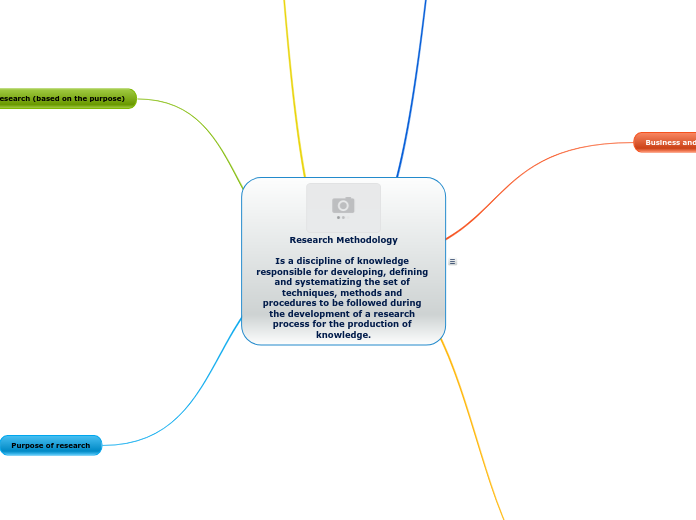

Szerző: Arrieta Rodriguez Irving Raúl
Different levels
A defined problem.
That could be
False
True
Describe results
Summarize
Key findings
of the research
Restate research problem
Expert network
Litertature review
Realist
Or positivist
Based on:
Consequence
Cause
that can be
empirically determined
Convergent
Meticulous
Invariable
Numeric
Avoid
Subjectivist
Influences
Are based
on
bigger sample sizes
Feminist research
Grounded Theory
Phenomenology
Ethnography
World is
a reality
Not completely
But
Relative
There is no
Probability
of reaching
Objective
Knowledge
the idea that
science
is universal
and the
“paradigm of all true knowledge”
can be regarded
as objective
The evaluation
the deep assessment
to change
limiting
social conditions
predictable knowledge
methodologies
foundations
social constructions as
instruments
shared meanings
consciousness
language
researchers
are able to
interpret
components
of the study
subjective experience as
fundamental of
law.
all measure
Getting information
about reality
since
all measurement
is imperfect
is the goal
all theory is
Revisable
all observation is
Imperfect
fallible
there is a reality
independent of
our thinking
about which
science can study
Finding the truth
is the ultimate
goal
of science
Valid knowledge
is found
only
in a posteriori knowledge.
"certain"
Positive knowlegde
Is based on
Natural phenomena
Subtopic
How we
come
to know
of knowledge
Epistêmê
(Knowlegde)
Research methodology
Which uses
Computational
Mathematical
Statistical
Investigation
Of a
Social phenomenon